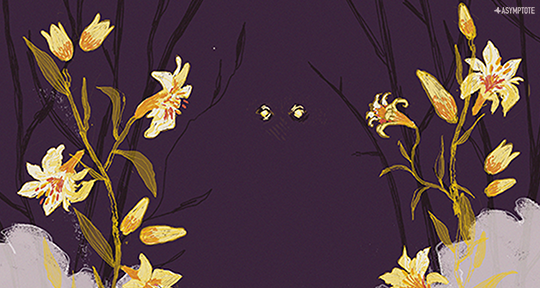In the second essay of a series considering ecological literature and writings on animal life, as collected in our Spring 2023 special feature, Charlie Ng examines the pressing issue of species extinction through Wu Ming-yi’s poignant story of grief and resurrection, “Cloudland”. By connecting an intimate loss to the broader losses caused by the Anthropocene, Wu equalises human relationships with the less visible connections between individuals and their landscape, illustrating vividly the consequences of absence to consider how storytelling and an return to indigenous knowledge can activate empathy and our impetus to preserve.
Earth is no stranger to mass extinction; the most recent, the Cretaceous-Paleogene extinction event, was caused by a major asteroid collision, wiping out seventy-six percent of living species. In consideration of these great cycles of birth and death, it seems that lifeforms are destined to come and go—so why should we care about extinction?
Perhaps because we’re causing it. Elizabeth Kolbert’s The Sixth Extinction: An Unnatural History has drawn public attention to the fact that the titular extinction we are currently experiencing is, unlike the previous five, attributable to human activities. As such, the sixth mass extinction has come to be referred to as the Anthropocene extinction, the consequences of which have been well-documented across the globe. One such case is Taiwan, which, despite being just roughly the size of twice that of Hawaii, has a remarkably diverse range of flora and fauna due to its forested mountains and oceanic surrounding. However, many of its native animal species have become endangered or extinct due to adverse impacts of human development such as deforestation, pollution, habitat loss, and overhunting.
“Cloudland,” Taiwanese writer Wu Ming-yi’s short story in the animal-themed feature of our Spring 2023 issue, has an extinct animal at its center: the clouded leopard. Despite occasional reported sightings of the animal, experts generally believe that the leopards have been gone for decades—and such is the case in “Cloudland”, where the animal is only present through its absence. The nonexistent leopard is simultaneously a denotation of the extinction’s sad reality and a literary symbol, acting as a mythical figure and a stand-in for the protagonist’s deceased wife. In tackling grief and loss, Wu tells the story of a man named Shutter as he searches for the already gone, trying to heal by reconnecting to nature and the indigenous wisdom of intimacy between people and their environment. READ MORE…



